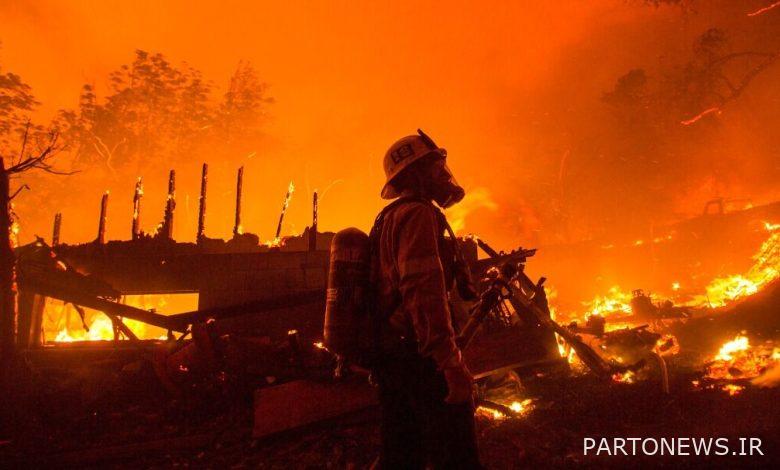UN warns of increasing fires in the world and inaction of governments

A warming planet and changes in land use patterns mean that forest fires are engulfing large parts of the globe, the Associated Press reported, citing the Associated Press. The coming decades will burn and increase pollution and other problems that governments are not prepared to deal with.
More fires have already occurred in parts of the world, including western America, northern Siberia, central India and eastern Australia, and the likelihood of catastrophic wildfires around the world could increase by more than 50% by the end of the century.
The UN has stressed that areas previously thought to be safe will no longer be protected from wildfires.
“Uncontrollable and catastrophic fires are becoming an expected part of seasonal developments in most parts of the world,” said Andrew Sullivan, co-author of the report.
However, UN researchers say most countries continue to spend a lot of time and money fighting fires, but do not make enough efforts to prevent them.
The UN researchers also called for greater awareness of the dangers of inhaling smoke from fires, which could negatively affect the physical condition of tens of millions of people.
Climate change in the last decade has significantly disrupted world trade. The effects of supply chain weather have disrupted markets, customers and facilities. Most global trade is still done by sea and in ports, but a combination of rising sea levels and rising storms has often shut them down for months.
Less developed countries have suffered the most from climate change. The lack of capacity and inefficient response of governments to natural disasters has exacerbated public discontent. Both governments and their opponents use digital misinformation to track their programs, often resulting in greater polarization.
Not surprisingly, civil society, separatist movements, terrorism, and organized crime have increased in less developed countries as non-state actors move to places abandoned by the government. The boldness and effectiveness of the 2033 summer terrorist attacks across Southeast Asia and elsewhere showed that these groups are now integrated and operating transnationally.

